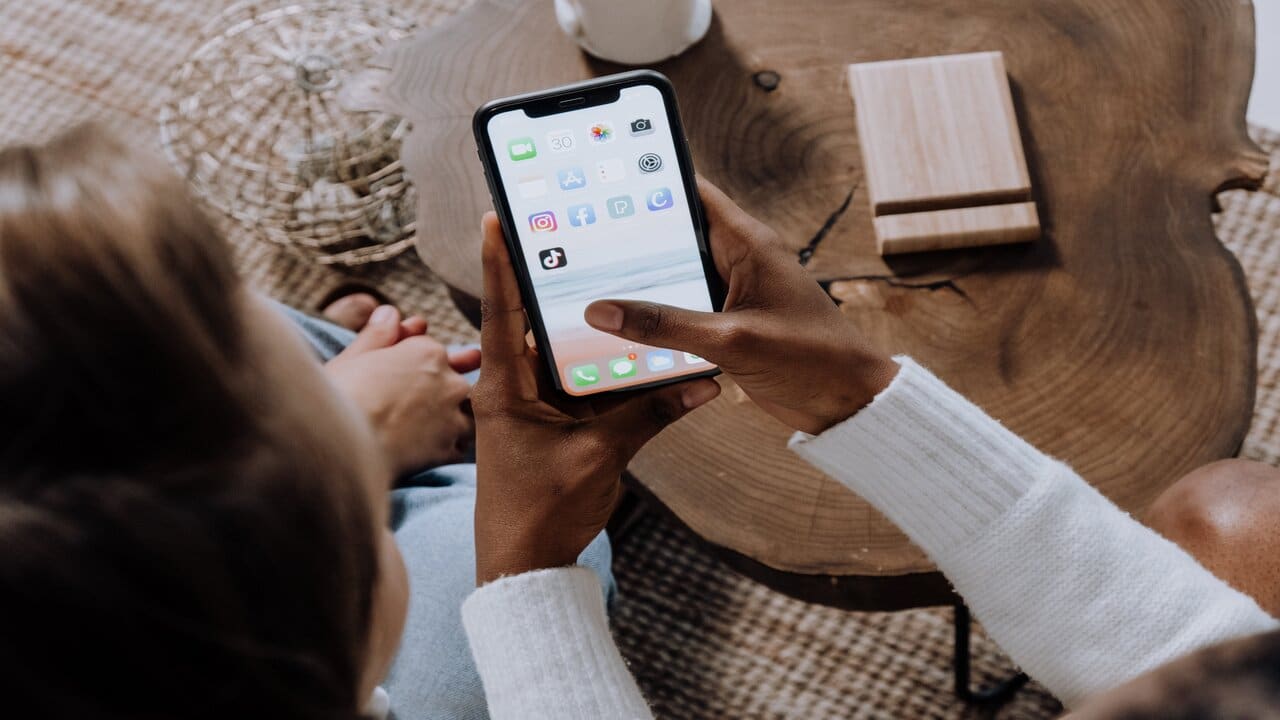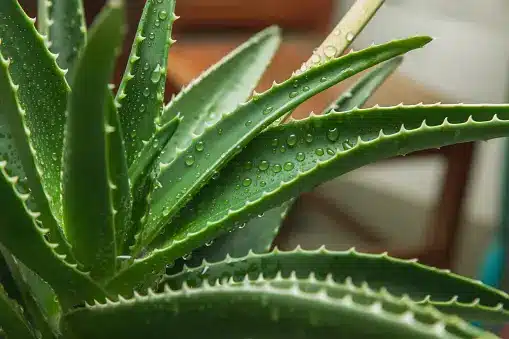Does boiling water remove chlorine?
Agree or not, chlorine is a common element in our tap water. It’s essential for disinfection, making our water safe to drink. However, you might wonder, does boiling water remove chlorine?
In this article, we’ll explore the effects of boiling on chlorine and provide practical tips on how to dechlorinate water.
By the end of this read, you’ll have a clear understanding and some useful techniques to ensure the water you consume is not only safe but also tastes better.

Table of contents
Does Boiling Water Remove Chlorine?
First, it’s important to know that chlorine is a volatile compound, which means it can escape into the air when heated. So, when you boil water, the heat causes the chlorine to evaporate.
However, it’s crucial to note that the effectiveness of this method depends on various factors, such as the initial chlorine concentration and the duration of boiling.
In essence, boiling water is a simple and accessible way to get rid of chlorine, making your water safer and better-tasting.
See also: How Much Does a Hot Air Balloon Cost? Is It Worth It?
Ways to Remove Chlorine from Your Water
When it comes to ensuring chlorine-free water, you have a few straightforward options. One common method is boiling, as we discussed earlier.
Another effective way is to let the water sit for some time, allowing the chlorine to dissipate naturally. You can also consider using a chlorine-removing filter, which can be attached to your faucet or pitcher.
Additionally, dechlorination tablets are available, making it a simple process to remove chlorine on the go.
Moreover, activated carbon filters, often found in water filter pitchers, can efficiently eliminate chlorine. Furthermore, vitamin C filters can be a suitable choice for dechlorination in your shower water.
In essence, there are numerous practical and budget-friendly ways to remove chlorine from your water.
See also: Why Does My Teeth Hurt When I Eat Sweets?
Is there Any Need to Remove Chlorine from Water?
Many wonder, why bother removing chlorine from your water? The reasons are quite simple.
Firstly, chlorine can affect the taste and odor of water, making it less pleasant to drink. Additionally, chlorine can interact with organic matter, potentially leading to the formation of harmful byproducts.
Furthermore, some individuals are sensitive to chlorine and may experience skin or respiratory irritations when exposed to it. Moreover, if you’re using water for plants or aquariums, chlorine can be harmful to them.
See also: How to Remove Polygel Nails
How Long Should You Boil Water to Remove Chlorine?
Determining the right duration for boiling water to remove chlorine is essential for effective dechlorination.
First, it’s important to know that chlorine removal is a function of both time and temperature. So, when you start boiling water, the heat triggers the chlorine to evaporate, and this process typically takes about 15-20 minutes.
However, factors like altitude, initial chlorine concentration, and the size of the container may affect the duration. In general, to be safe, allowing the water to boil for a full 20 minutes is a reliable practice.
Additionally, it’s advisable to keep the pot covered during boiling to ensure chlorine is effectively removed.
See also: How To Remove Open To Work On LinkedIn Mobile App
Alternative Methods to Dechlorinate Water
For those seeking alternatives to chlorine removal, there are several straightforward methods to consider. One option is to use dechlorination tablets, which are easy to use and provide quick results. Another approach is the use of activated carbon filters, found in many water filter pitchers.
Moreover, you can rely on vitamin C filters to effectively neutralize chlorine in your shower water. Additionally, letting water sit for some time allows chlorine to dissipate naturally.
Furthermore, there are chlorine-removing filters that can be attached to your faucet or pitcher.
See also: How to Remove Filter on TikTok Video
FAQs
Two forms of vitamin C, ascorbic acid and sodium ascorbate, will neutralize chlorine. Neither is considered a hazardous chemical. First, vitamin C does not lower the dissolved oxygen as much as sulfur-based chemicals do. Second, vitamin C is not toxic to aquatic life at the levels used for dechlorinating water.
Boiling water for hot drinks removes chlorine. But, boiling effectiveness depends on the water surface area. So, boiling a large pot of water removes chlorine more quickly than boiling a narrow column of water. Boiling isn’t a practical dechlorination option for large volumes of water.
Conclusion
The question of whether boiling water can effectively remove chlorine is answered with a resounding “yes.” It’s a simple and accessible method that can significantly improve the taste and safety of your water.
However, there are alternative techniques available, such as dechlorination tablets, filters, and letting water sit, offering flexibility for various situations. The choice is yours, but the common goal is clear: ensuring your water is free of chlorine, so you can enjoy it to the fullest.
Making this small change can have a big impact on the quality of the water you use and consume daily.
References
- Sciencenotes.org – Does Boiling Remove Chlorine? How to Dechlorinate Water
- Waterfilterguru.com – Does Boiling Water Remove Chlorine? (Find Out Here)





